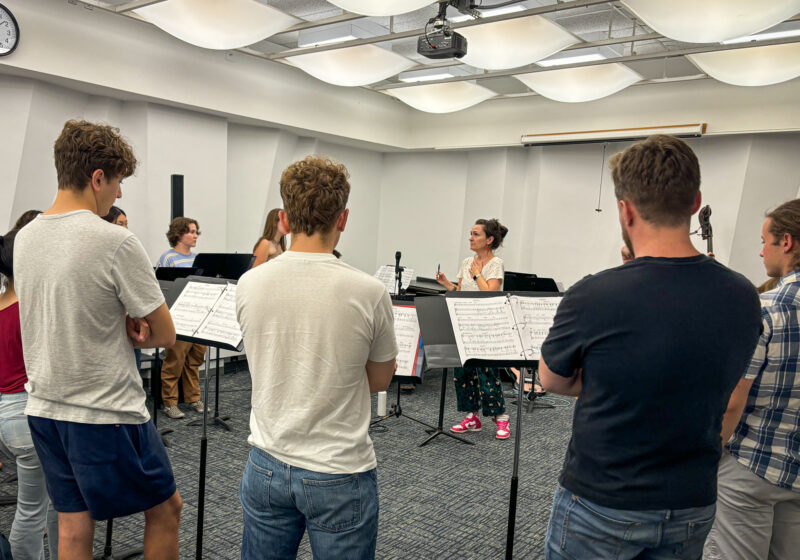
Jessica Zhang, Contributing Photographer
Rochester city schools are in serious trouble. Only 24 percent of students in grades three through 12 scored proficient or above proficient on mandated standardized tests compared to 52.8 percent statewide. Twenty-seven percent of students met math benchmarks. Half of students in the Rochester city school district will not graduate from high school.
These statistics give only a snapshot of what has been called a “state of emergency” by Van White, a member of the Rochester City School Board. White is expected to propose a number of suggestions to reform public schools within the district to the Board at its next meeting on Thursday, Nov. 1.
These suggestions include extending the school year by two weeks, hiring more reading teachers and transferring some students in grades K through three into suburban schools, whose students performed much higher on standardized tests. He also suggested enlisting the help of local colleges to create high schools on their campuses.
White acknowledged that this will not be a quick fix, but believes that some of these changes will have a strong impact and slowly turn things around.
But many members of the community, including Warner School of Education Professor David Hursh, believe that the proposed changes will not fix the problem and “are too limited.”
“For many students who already dislike school because of the drill and kill approach, adding two weeks to the school year just makes the year longer but no better,” he said.
Hursh also disagreed with the proposed integration of inner-city students into higher-scoring, suburban schools, arguing that “the politics are against it.”
There have been plans in the past with solutions similar to White’s proposal, but city officials have not approved them for various reasons.
Hursh suggested that other issues contribute to low proficiency on test scores such as the nature of the test. According to Hursh, the tests often “intentionally set ‘proficiency’ or ‘passing’ very high with the intent of showing the schools as failing.” He claimed this is done “with the goal of imposing new regulations on schools and pushing for school privatization by the state government.” These scores, according to him, are “manipulated to serve the interests of politicians and education commissioners.”
Hursh partially ascribed the low graduation rate to the education laws in this state. Students in New York, as well as in Florida and Texas, are required to pass a series of tests before they can graduate high school. Many students do not pass the test and therefore do not receive their diplomas. Hursh described these tests as “counterproductive,” because they require teachers to “reduce teaching to following a script provided by the publisher of textbooks,” instead of allowing the teacher to teach to the students’ needs.
The low graduation rate is not specific to Rochester and is an issue commonplace in school districts across New York State.
Groups at UR such as Partners in Reading (PiR) and UReading work to combat education gaps through tutoring.
Hursh believes that it is possible to begin solving this national problem of low proficiency levels by following the example set by countries that have been more successful.
“Countries that score high on international comparisons [require] few, if any, standardized exams, support teachers in developing and implementing curriculum, treat teachers with respect and, in fact, make teaching a profession that top university students want to enter,” he explained.
Not binding teachers to textbooks and improving proficiency standards are two crucial steps for solving this problem, not only in Rochester, but also on a national level, Hursh said.
Sanguinetti is a member of the class of 2014.



